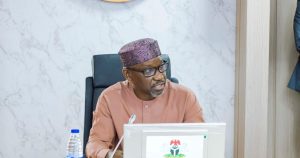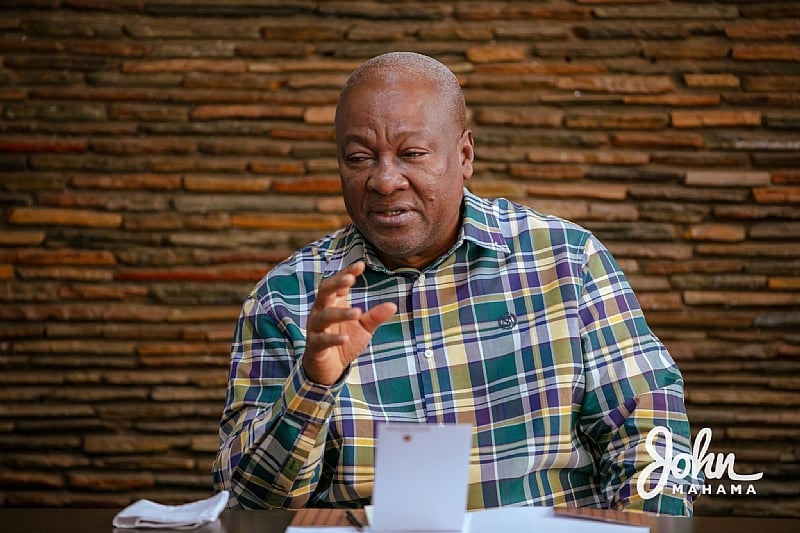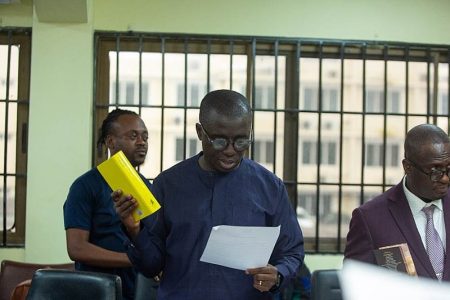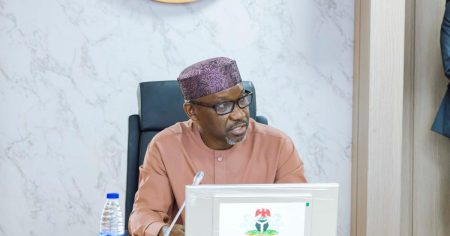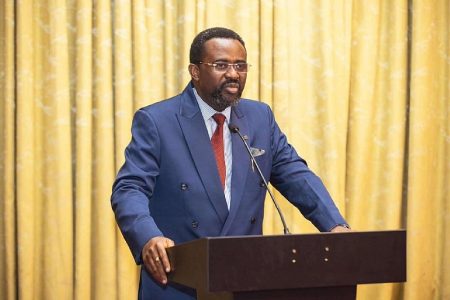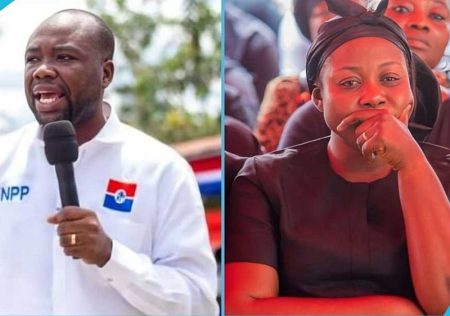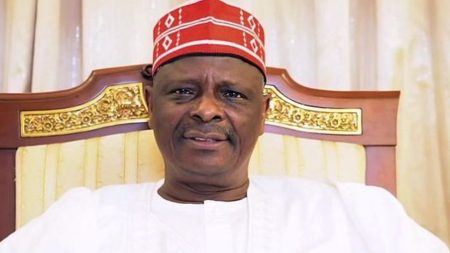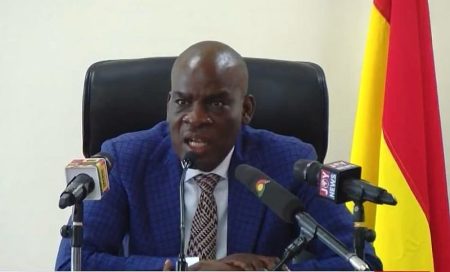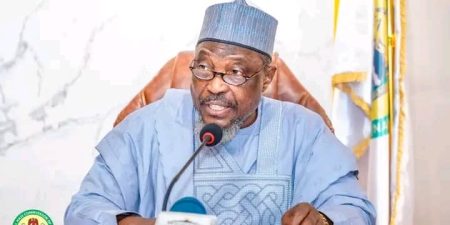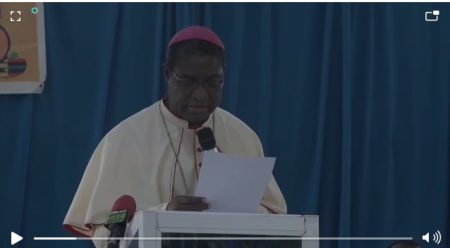President John Dramani Mahama’s directive to halt fuel allowances and allocations for political appointees marks a significant step towards fiscal responsibility and efficient resource allocation within the Ghanaian government. This decisive action, effective immediately, demonstrates the president’s commitment to leading by example and sharing in the sacrifices required during challenging economic times. By eliminating this expenditure, the government aims to free up substantial resources that can be redirected towards critical sectors such as education, healthcare, infrastructure development, and social welfare programs, ultimately benefiting the broader population and fostering national development. This move underscores a broader commitment to prudent financial management and sends a strong message to the citizenry that the government is actively working to optimize resource utilization and minimize wasteful spending.
The elimination of fuel subsidies for political appointees is part of a comprehensive suite of reforms initiated by the Mahama administration to streamline government operations and reduce unnecessary expenses. These reforms include a reduction in the number of ministerial appointments, a downsizing of the Presidential Office staff, and the cancellation of satellite TV subscriptions for government institutions. These measures collectively represent a concerted effort to trim the size and cost of government, ensuring that public funds are utilized judiciously and directed towards initiatives that generate the greatest impact for the Ghanaian people. The President’s actions reflect a commitment to responsible governance and a recognition of the need for shared sacrifice during periods of economic constraint.
This decisive action to cut fuel benefits is not merely a symbolic gesture; it represents a substantial cost-saving measure that will have a tangible impact on the national budget. Fuel expenditure constitutes a significant portion of government recurring expenses, and eliminating this outlay for political appointees will free up considerable resources for other priority areas. This move will enable the government to allocate more funds to essential services and development projects that directly benefit the citizens, thereby maximizing the impact of public spending and promoting equitable distribution of resources. The president’s action is a clear demonstration of the government’s commitment to responsible financial stewardship and its prioritization of the nation’s long-term economic well-being.
The decision to cease fuel allowances and allocations is expected to resonate positively with the Ghanaian public, bolstering their confidence in the government’s commitment to fiscal prudence and responsible governance. By demonstrating a willingness to share in the sacrifices being asked of the citizenry, President Mahama reinforces his commitment to serving the public interest and prioritizing the nation’s economic stability. This action is likely to be perceived as a sign of good faith and will contribute to a stronger sense of shared responsibility between the government and the people during this period of economic challenges. The transparency and decisiveness displayed by the government in implementing this measure will further enhance public trust and confidence in its leadership.
Furthermore, this move sets a precedent for future administrations and reinforces the importance of fiscal discipline within the government. It underscores the principle that public office should be viewed as a service to the nation, not a platform for personal enrichment or privileged access to resources. By eliminating fuel benefits for political appointees, the government establishes a more equitable system where all citizens are expected to contribute fairly to the national budget, regardless of their position or status. This action will promote a culture of accountability and responsible resource management within the government, ensuring that public funds are utilized for the benefit of the entire nation, not just a select few.
In conclusion, President Mahama’s directive to end fuel allowances and allocations for political appointees represents a significant stride towards fiscal prudence and responsible governance in Ghana. This decisive action, coupled with other cost-cutting measures implemented by the administration, demonstrates the government’s commitment to streamlining operations, reducing wasteful expenditure, and prioritizing national development needs. By leading by example and sharing in the sacrifices required during challenging economic times, President Mahama bolsters public confidence and reinforces the importance of shared responsibility in building a stronger and more prosperous nation. The move is not just about immediate cost savings; it is a symbolic gesture that sets a precedent for future administrations and fosters a culture of accountability and prudent financial management within the government.




